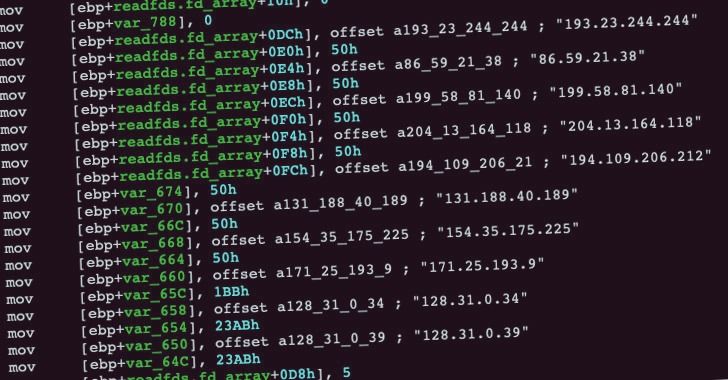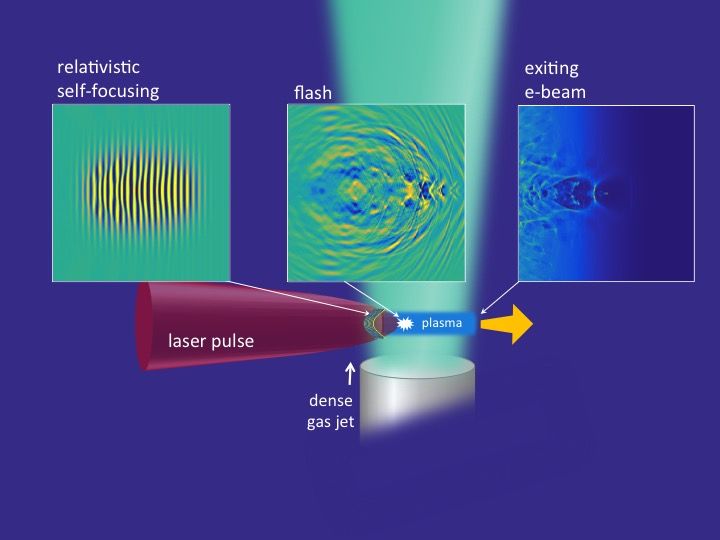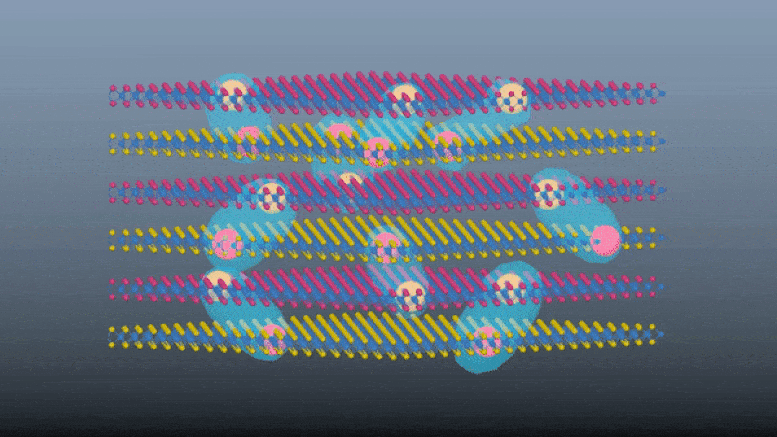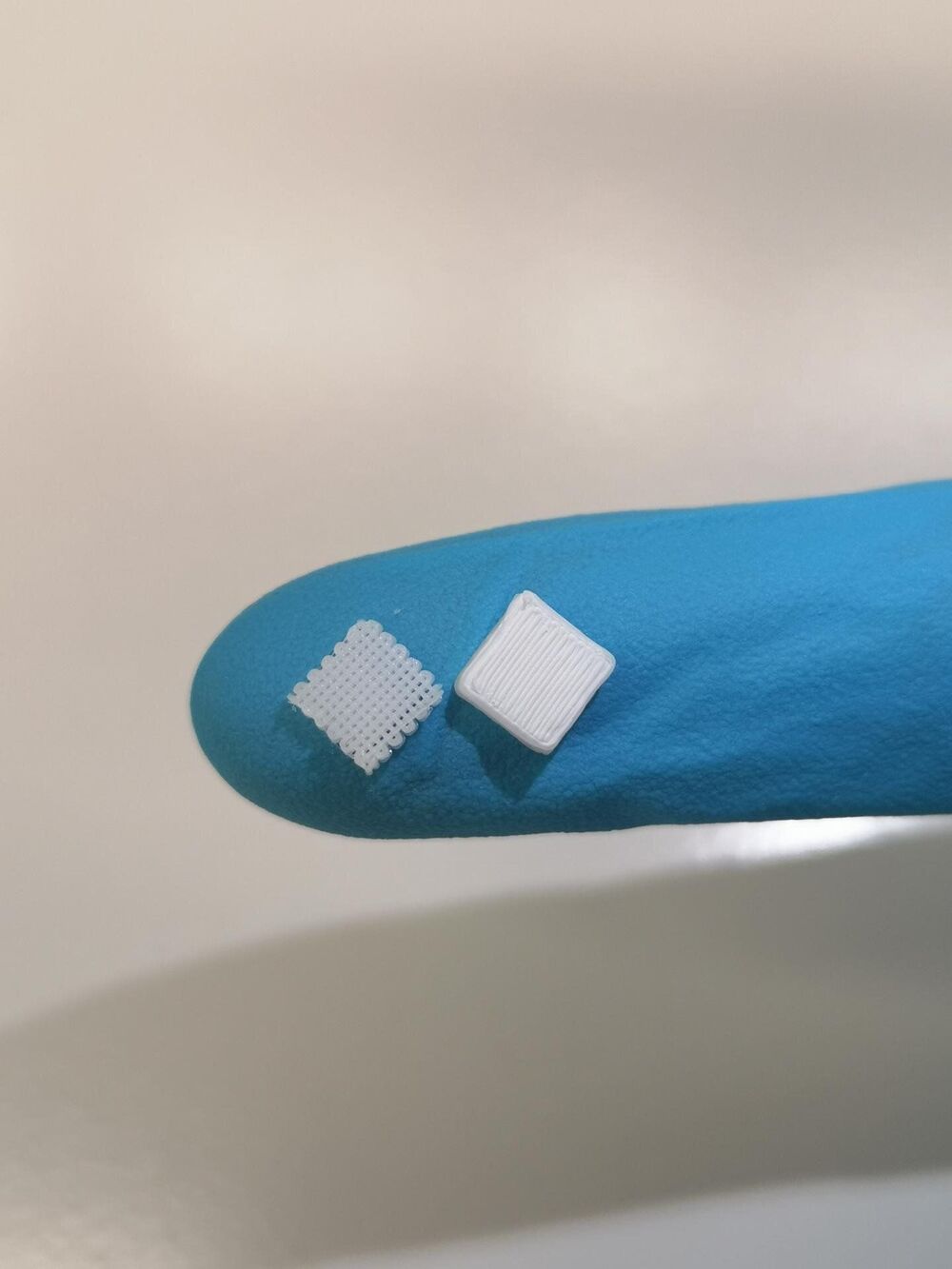Sony Corp. has created one of the hottest gadgets of the year in the PlayStation 5, but its launch has been marred by scalpers who are buying up scarce supplies and threatening the long-term health of the company’s most important product.




Circa 2015
Conventional particle accelerators are typically big machines that occupy a lot of space. Even at more modest energies, such as that used for cancer therapy and medical imaging, accelerators need large rooms to accommodate the required hardware, power supplies and radiation shielding.
A new discovery by physicists at the University of Maryland could hold the key to the construction of inexpensive, broadly useful, and portable particle accelerators in the very near future. The team has accelerated electron beams to nearly the speed of light using record-low laser energies, thus relieving a major engineering bottleneck in the development of compact particle accelerators. The work appears in the November 6, 2015 issue of the journal Physical Review Letters.
“We have accelerated high-charge electron beams to more than 10 million electron volts using only millijoules of laser pulse energy. This is the energy consumed by a typical household lightbulb in one-thousandth of a second.” said Howard Milchberg, professor of Physics and Electrical and Computer Engineering at UMD and senior author of the study. “Because the laser energy requirement is so low, our result opens the way for laser-driven particle accelerators that can be moved around on a cart.”

“Now witness the firepower of this fully armed and operational Battle Station.” – Emperor Palpatine, Return of the Jedi
This week Microsoft took a series of dramatic steps against the recent SolarWinds supply chain attack. In the size, speed and scope of its actions, Microsoft has reminded the world that it can still muster firepower like no one else as a nearly-overwhelming force for good.
Through four steps over four days, Microsoft flexed the muscle of its legal team and its control of the Windows operating system to nearly obliterate the actions of some of the most sophisticated offensive hackers out there. In this case, the adversary is believed to be APT29, aka Cozy Bear, the group many believe to be associated with Russian intelligence, and best known for carrying out the 2016 hack against the Democratic National Committee (DNC).




The widespread and monthslong hack of the U.S. government and some of America’s biggest corporations was enabled by an unlikely source: a little-known Austin, Texas, software company called SolarWinds Corp. that until this week was a household name only to computer network administrators.
Security investigators say the company that boasts more than 400 of the Fortune 500 corporations and many government agencies as clients provided the perfect delivery mechanism for a carefully executed intrusion attributed to Russia’s foreign-intelligence service.
SolarWinds provides the tools many companies use to manage their computer networks. That’s what made the hack of U.S. government agencies and some of America’s biggest corporations so pernicious.

Chemists at Martin Luther University Halle-Wittenberg (MLU) have developed a way to integrate liquids directly into materials during the 3D printing process. This allows, for example, active medical agents to be incorporated into pharmaceutical products or luminous liquids to be integrated into materials, which allow monitoring of damage. The study was published in Advanced Materials Technologies.
3D printing is now widely used for a range of applications. Generally, however, the method is limited to materials which are liquefied through heat and become solid after printing. If the finished product is to contain liquid components, these are usually added afterwards. This is time-consuming and costly. “The future lies in more complex methods that combine several production steps,” says Professor Wolfgang Binder from the Institute of Chemistry at MLU. “That is why we were looking for a way to integrate liquids directly into the material during the printing process.”
To this endeavor, Binder and his colleague Harald Rupp combined common 3D printing processes with traditional printing methods such as those used in inkjet or laser printers. Liquids are added drop by drop at the desired location during the extrusion of the basic material. This allows them to be integrated directly and into the material in a targeted manner.